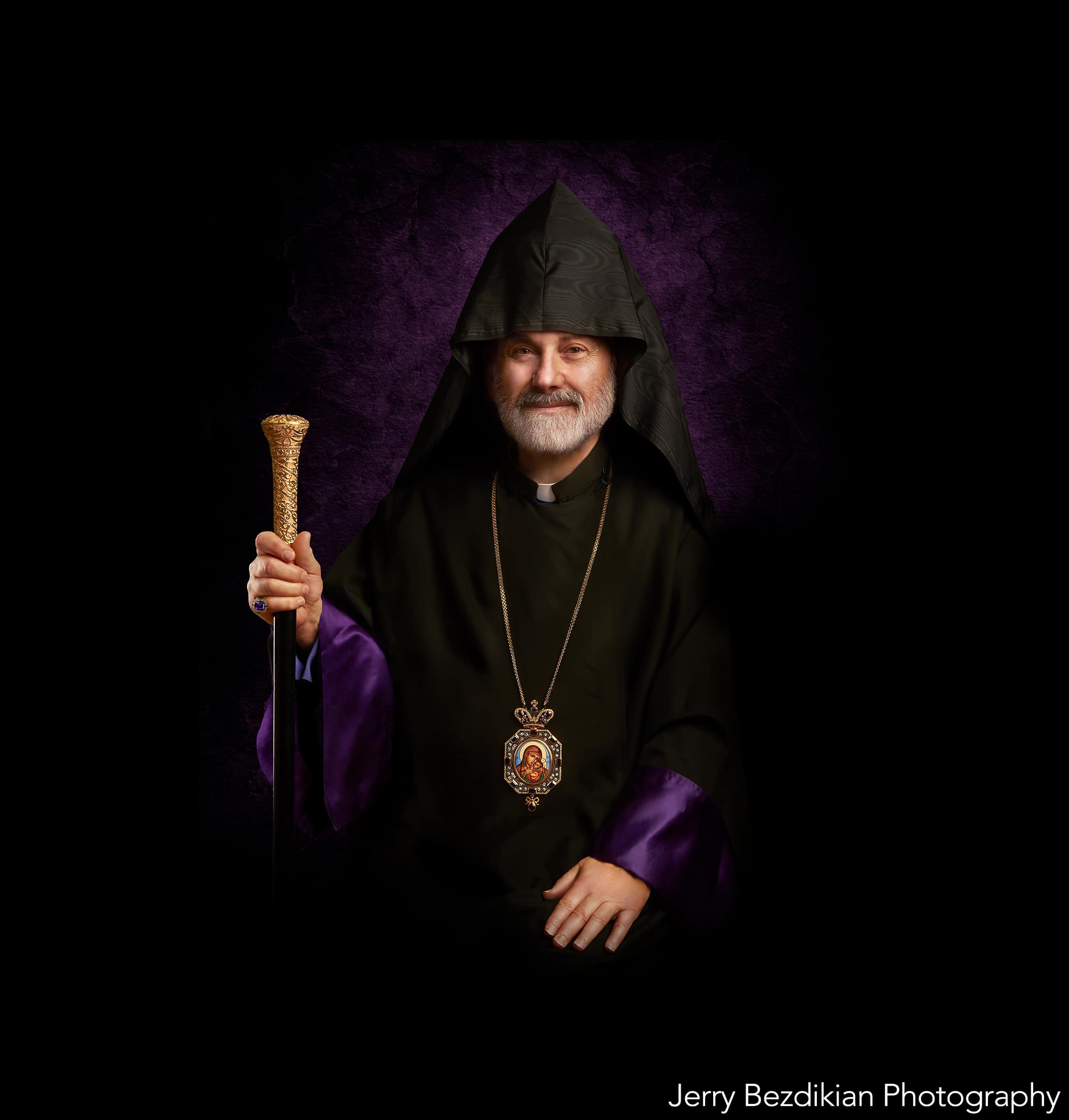CHRIST IN US

The Prelate’s Sermon, September 30, 2021
Today, on the fourth Sunday of the feast of the Elevation of the Holy Cross, the Gospel reading is from Saint Mark 11.27-33. We read that Jesus once again was challenged in the Temple by the chief priests and the Scribes demanding with what authority He was teaching and performing miracles. This is an absurd question because Nicodemus, a Pharisee, had already confessed that “Rabbi, we know that you are a teacher who has come from God; for no one can do these signs that you do apart from the presence of God” (Jn 3.2). Jesus, knowing their malicious intention, asks them whether John’s baptism was from heaven or of human origin. The challengers, sensing that they had been entrapped by their own snare, answered, “We cannot tell.” So, Jesus answered back: “Neither will I tell you by what authority I am doing these things.”
I have shared my thoughts on different occasions concerning the conscious blindness of the religious authorities at that time. Therefore, I would like to focus on the Epistle of Saint Paul, who by addressing the Corinthians, instructs them: “Examine yourselves to see whether you are living in the faith. Test yourselves. Do you not realize that Jesus Christ is in you? – unless, indeed, you fail to meet the test” (2 Cor 2.14-3.3)
What a positive and pragmatic message which pertains to believers of all ages. Hence, I would like to highlight the following points:
- Saint Paul, who originally was a great persecutor against Christians, was conscious that his conversion, a turning point in his life by the grace of the Savior, was subjected to the continuous attacks of the Evil One. This is the reason why he defines this life as a spiritual warfare, and through his example, invites us all to equip ourselves with necessary armor (Eph. 6.10-18).
- The Apostle in the first instance was as a true instructor and pedagogue, but he was never satisfied with only preaching. Paul has irrigated the seeds of faith which he planted, and has nurtured their healthy growth and blossoming by constantly checking back to determine needs and success. He was aware of all human weaknesses as well as the subtle temptations of the Adversary to dry up the roots of a blossoming harvest, as predicted by our Lord in the parable of the sower (Mk 4.20). Therefore, as a faithful servant of our Lord’s vineyard, he takes care for the welfare of the flock entrusted by our heavenly Father. Yet we should be alert and constantly examine ourselves: our thoughts, words, and deeds to prevent any activity which may lead us unconsciously to a separation from God. There is a tendency to believe that once we are saved through our baptism that we are saved forever, regardless of our deeds. It is true that through the most Precious Blood of our Lord Jesus Christ we are entitled to be saved forever, yet carelessness on our part can lead us totally in the opposite direction.
- Examination is generally the first step in a procedure in all aspects and fields of society. In the medical world, before any surgery, doctors and their assistants examine the patient as well as all the necessary data in order to minimize risk and to maximize the safe outcome of the procedure. A pilot examines all the different parts of the airplane before taking off. In the military world, before any sensitive decision or invasion is contemplated, all the pros and odds are carefully examined in order to secure an honorable result. In athletics, coaches frequently examine their strategy to change the course of the games. Before any presentation or event, no matter how perfect, the media, the sound system are always examined, etc. Likewise, self-examination is mandatory in our spiritual life. The more that we are able to examine ourselves, the more that we are able to discern good actions from bad behavior.
- The criterion of a healthy examination is provided succinctly by the Apostle: to see if Jesus Christ is in us. The opponent of mankind always advocates for our self-justification, while we should always examine whether our will and our actions are in line with God’s will. Throughout His earthly life, Jesus taught us to look always to God the Father, and by actualizing His will, we celebrate our closeness to Him and our perfection to be like Him.
Having been instructed by such a caring teacher, let us all joyfully examine ourselves, and with Saint Nerses Shnorhali pray, “Jesus, Wisdom of the Father, grant me wisdom, that I may, at all times, think, speak and do before you that which is good in your sight. And save me from evil thoughts, words and deeds” to praise the All-Holy Trinity. Amen.
